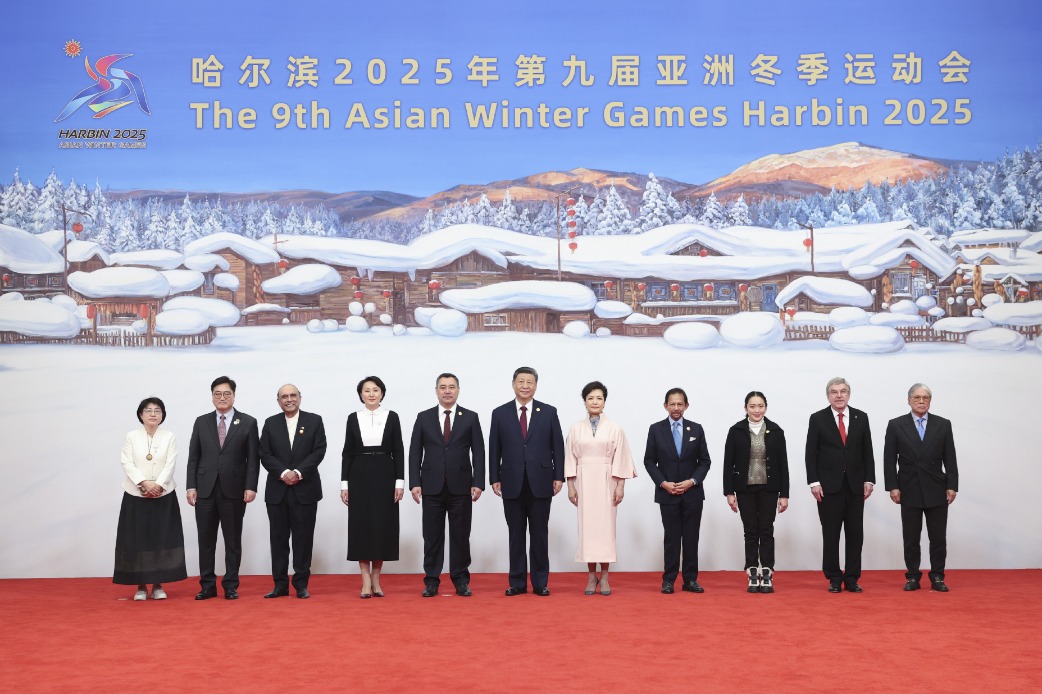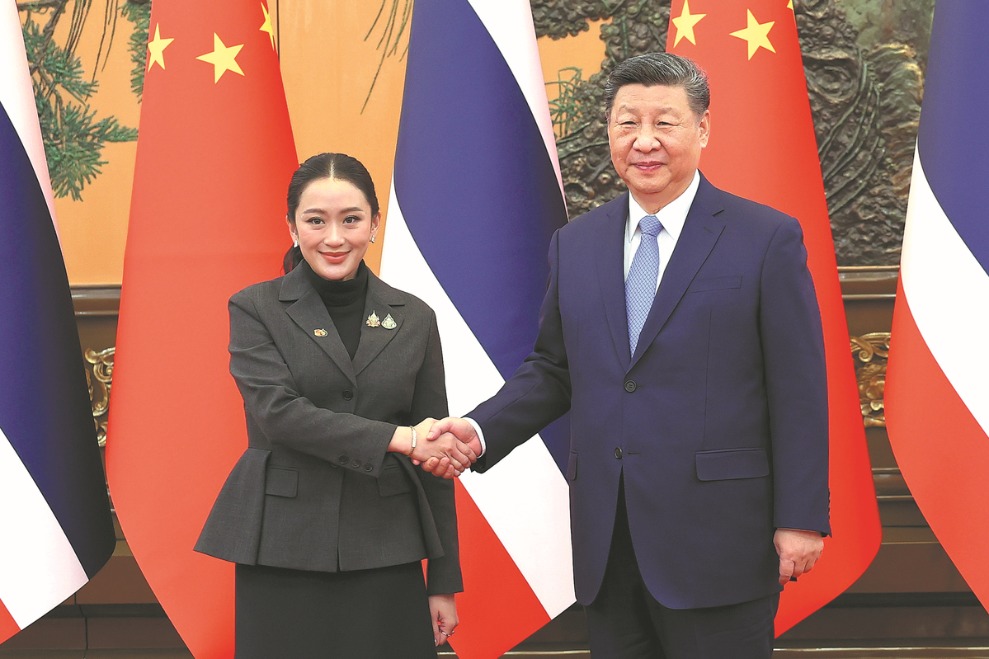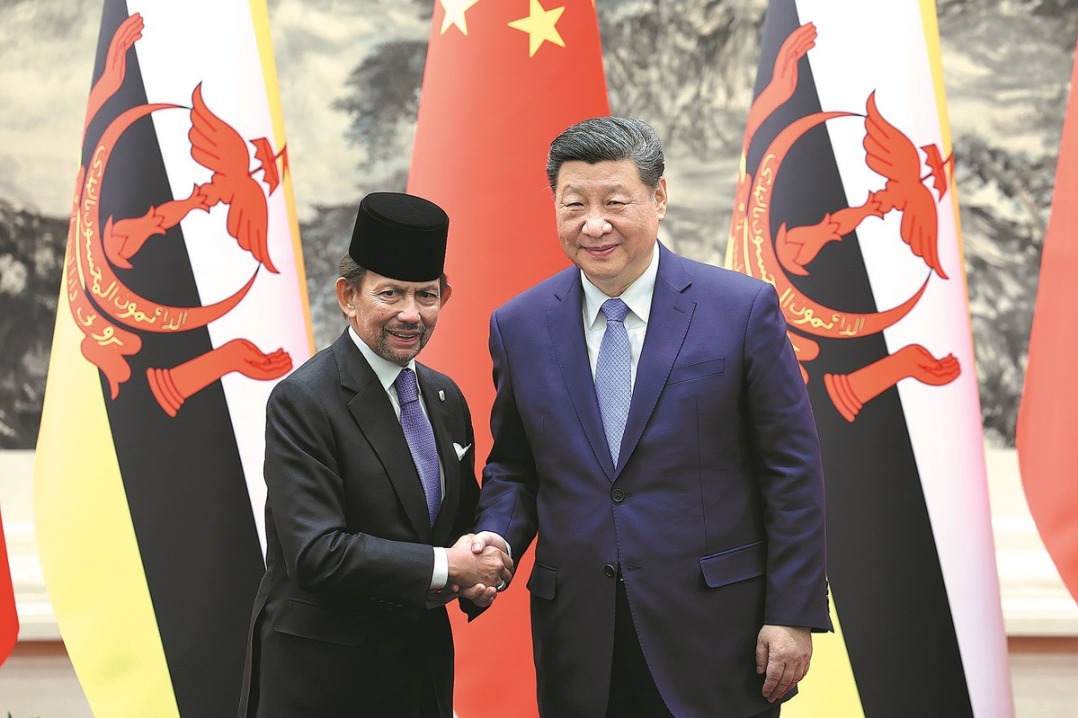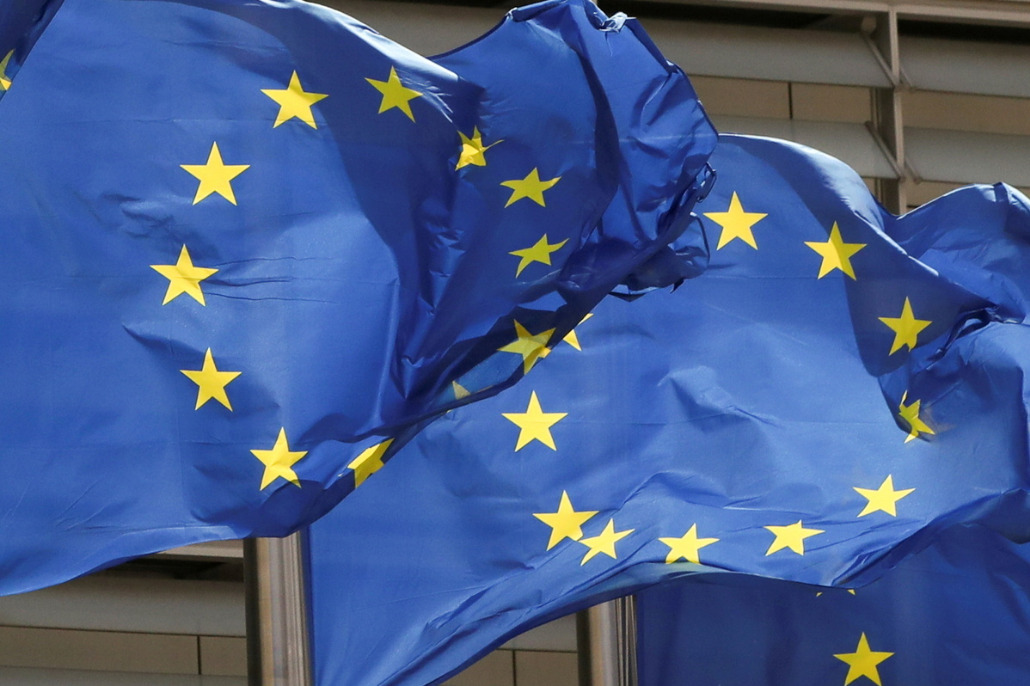An easy, faster way to make the EU more competitive

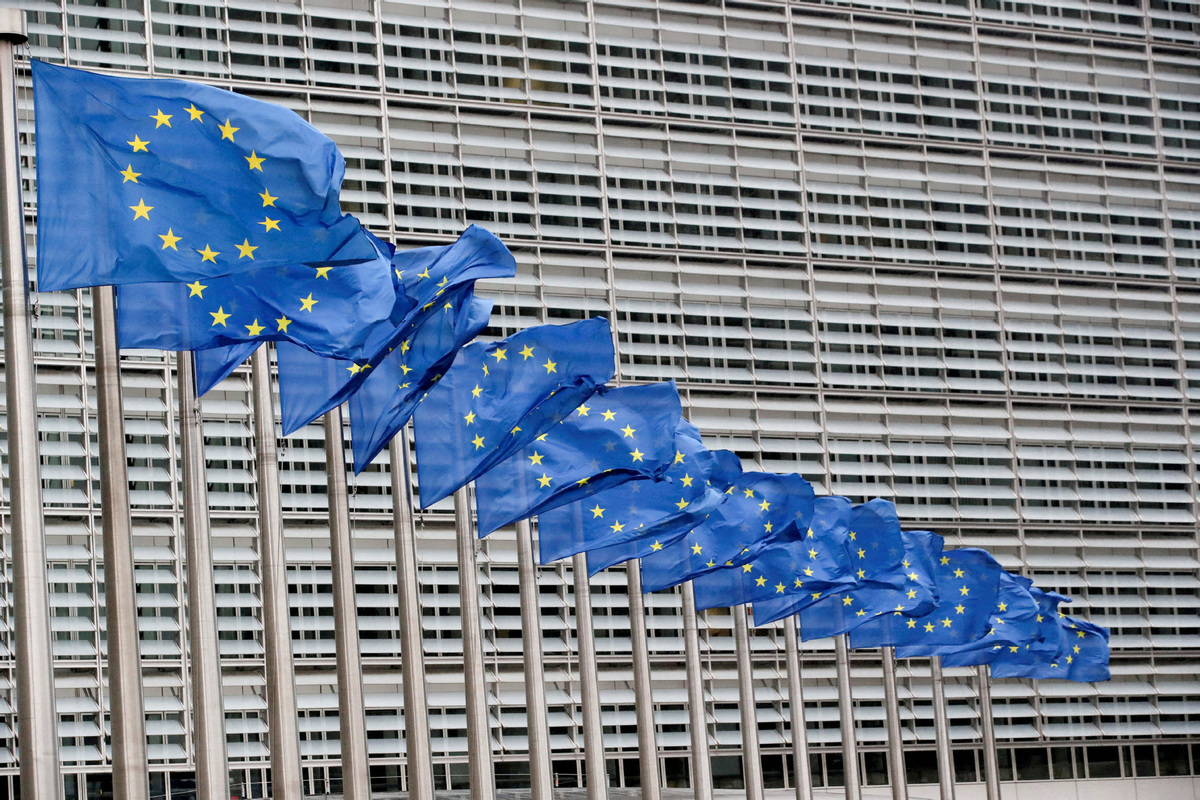
The European Union has long prided itself as a regulation superpower, a greater stickler to regulations than economic and technological giants — the United States and China. However, the EU's competitiveness report prepared in September by Mario Draghi, former president of the European Central Bank, warned that the bloc's excessive adherence to rules and regulations has seriously stifled innovation and caused an exodus of capital and talent.
While European Commission President Ursula von der Leyen has felt extremely proud of herself in entrusting Draghi with the report, the fact that it happened in the final year of her first five-year term means a wait too long and too costly wastage. The EU will now have to undo many of the things "achieved" during her first term, especially in terms of rules and regulations.
Based on Draghi's report, the European Commission released the EU Competitiveness Compass on Jan 29 with the aim of enabling the EU to catch up with US and China in productivity, innovation and technology.
Yet her speech on boosting productivity through innovation, joint plan for decarbonization and competitiveness, and strengthening resilience and economic security sounds mostly rhetorical.
It is clear that the EU is not the "United States of Europe" but an economic bloc of 27 sovereign member states. Reaching a full consensus on difficult issues, as von der Leyen hoped, is often mission impossible, especially because of the chaotic politics in some key member states.
As a close EU observer for more than six years, I have found that much of the bloc's lack of competitiveness has been inflicted by itself.
For example, the China Chamber of Commerce to the EU has for years complained about the red tape and excessive burden caused by the EU's regulations pertaining to Chinese companies operating in Europe. But their suggestions have fallen on deaf ears.
Worse, many new rules, mechanisms and regulations introduced over the past years have specifically targeted Chinese companies even if they don't single out China by name.
The EU's failure to ratify the China-EU Comprehensive Agreement on Investment, talks on which concluded after seven years of tough negotiations, has deprived both China and the EU of many business opportunities. We now know from the remarks of former US secretary of state Antony Blinken that the US played a key role in undermining the CAI's ratification.
The EU's kowtowing to the US' coercion to ban Huawei's 5G technology has caused the bloc to significantly lag behind in 5G coverage compared with the US, China, the Republic of Korea and Japan based on figures released last week by Brussels-based Connect Europe. It has severely poisoned the well for China-EU cooperation.
The EU has harmed its economy by blindly following hostile US policies toward China. The EU's economy used to be bigger than the US' 16 years ago, but now it's almost 40 percent smaller and was surpassed by China a few years ago.
Ursula von der Leyen sighed that the days of relying on cheap labor from China are over. She probably has not realized that labor in China is no longer as cheap as it was 20 years ago. It is several times more expensive than that of India, where she and her college of commissioners will visit later this month.
It's good to hear von der Leyen telling EU ambassadors on Tuesday that "this will be an intensive year in our relationship with China, as we mark half a century of diplomatic relations", adding that most of the trade is mutually beneficial and there is room to engage constructively with China.
It's deeply regretful to hear her continuing to say that "we will keep de-risking our economic relationship — as we have been doing in recent years". The so-called de-risking, which is based on sheer speculation, if not paranoia, is mostly about making products that are not really competitive in the market.
Correcting the EU's discriminatory policies against Chinese companies seems to be an easier, faster and more effective way to enhance the EU's competitiveness.
The author is chief of China Daily EU Bureau based in Brussels.
chenweihua@chinadaily.com.cn


















